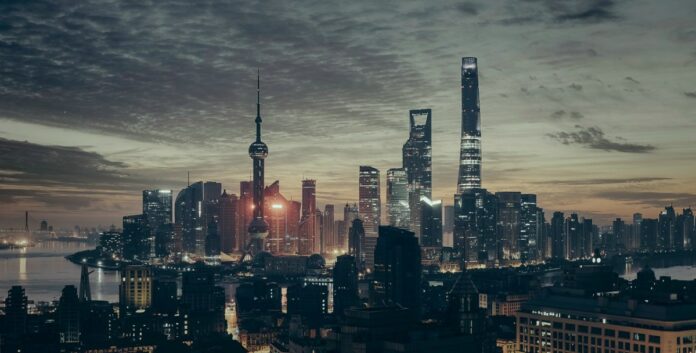Colliers International has reported that Asia’s property sector has been driven by economic growth and low real interest rates.
Higher trade flows and e-commerce will continue driving industrial and logistics property in China, Hong Kong, Singapore and India, with industrial property emerging as a key organised asset class across Asia.
Risks to this sector include a financial downturn affecting equity and bond markets, as well as reduced demand for leased central business district office space from large financial tenants due to faster-than-expected adoption of artificial intelligence and any subsequent workforce reduction programmes.
Forbes’ ranking of the top 10 Asian cities for real estate investment in descending order are Singapore, Shanghai, Hong Kong, Beijing, Guangzhou, Ho Chi Minh City, Tokyo, Taipei, Jakarta and Kuala Lumpur.
Bangkok still offers decent value for money
Experts, however, point to a range of advantages which bolster Bangkok’s reputation as a safe and stable place to invest.
Bangkok’s property market enjoyed strong growth in the first quarter of this year, led by a 35 per cent jump in the number of condominium units released in Bangkok from the year-earlier period.
Some 14,600 units were added to the market in the capital for the quarter, said Surachet Kongchepp, a property market researcher with Surachet’s research showing that up to 66 per cent of the condominium launches are near mass transit systems.
Analysts also point to the absence of punitive stamp duties for foreign nationals such as those found in Singapore and Hong Kong and the liquidity of developers and the selectivity of banks in approving mortgages as positive indicators
Several trends emerging in Asia
Excess liquidity, where local sovereign and…



